Start-up founded in a CBS entrepreneurial class sells for millions
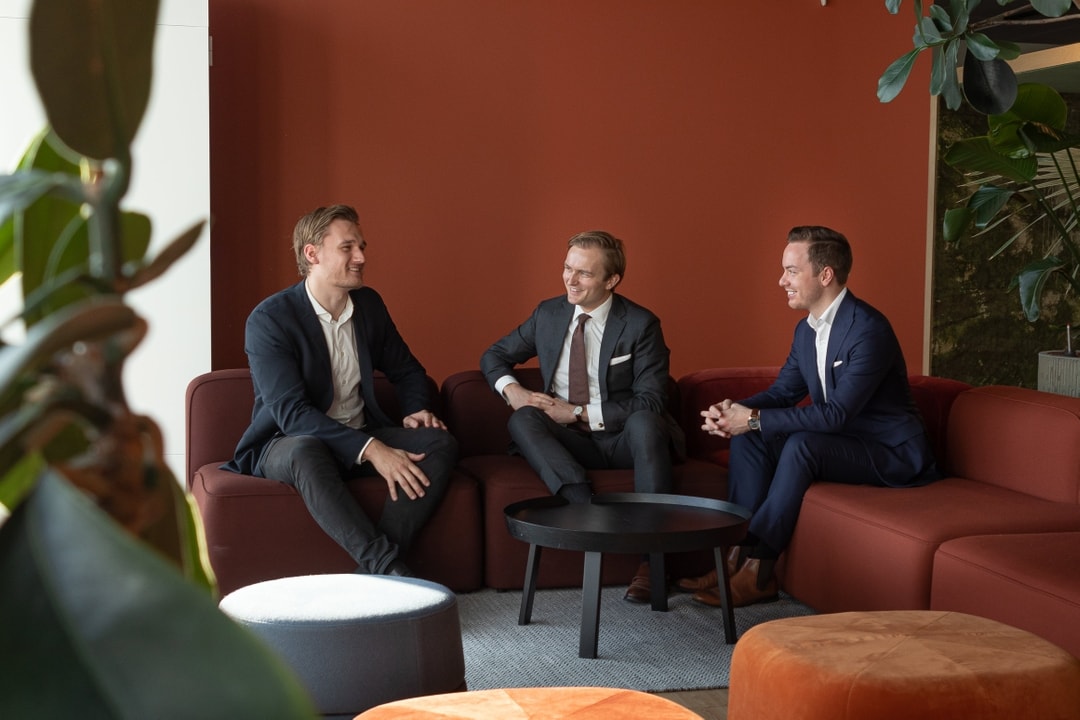
Phinder founders. From left: Anders Bjergfelt, Aleksander John Rosenkilde og Kevin Hilaire. Photo: Mikkel Gungaard Nielsen
What started as a business case in class - AI for solving GDPR issues - has turned into fulltime employment and a multi-million kroner deal for two former CBS students.
When Kevin Hilaire took a course on Digital Entrepreneurship in 2019 as part of his master’s programme Business Administration and Information Systems, at CBS, he found it was the perfect opportunity to explore whether his idea for an AI application for solving GDPR problems was feasible.
The year before, he had been working as a student assistant at an energy company when, due to GDPR legislation, a former employee requested that all his photos be removed from a database containing more than a million photos.
“Naturally, the task was massively time-consuming and herculean to do manually and was impossible within the timeframe. Unfortunately, despite great effort, we had to throw in the towel. However, that experience gave me the idea that an intelligent system could perhaps be built to automate more or less the entire process,” says Kevin Hilaire.
In the Digital Entrepreneurship class, he teamed up with Aleksander John Rosenkilde, a fellow master’s student of Business Administration and Information Systems, to work on what would become the company Phinder. The two students used the class to work through many of the usual phases of a start-up process, such as testing hypotheses about the product and talking to companies about their needs.
Fun fact: the Digital Entrepreneurship class also named the new company.
“The whole class brainstormed ideas for the companies, and then we all voted on the names. We went with the most popular name: Phinder,” says Aleksander John Rosenkilde.
CSE helped show the way
After the class on Digital Entrepreneurship ended, Kevin Hilaire and Aleksander John Rosenkilde joined the community at Copenhagen School of Entrepreneurship, CSE, to get further help for developing their business idea.
By this time, the third co-founder, Anders Bjergfelt, had joined them in the role of CTO. He was a master’s student at the IT University of Copenhagen and used his skills to help develop the algorithms and technical platform.
“While at CSE, we started showing our prototype to companies to get feedback that we could relay to Anders. During that process, we quickly discovered that the problem was much bigger than initially expected. Companies did not just have issues with managing their photos; they had problems managing their personal data in a compliance in general,” says Kevin Hilaire.
Today, Phinder can automatically map all personal data that a company stores, regardless of format. The daunting task at the Danish energy company that originally gave Kevin Hilaire the idea could have been solved in less than a working day by the new application. Phinder’s customers use the solution to run weekly or monthly checks to make ensure their compliance with internal data privacy policies and GDPR legislation.
Sold in multi-million kroner deal after just three years
Kevin Hilaire and Aleksander John Rosenkilde graduated from CBS in the summer of 2020, and in September 2020, they were picked for the programme InnoFounder. This 12-month course hosted by the Innovation Fund Denmark (InnovationsFonden), provided them with an office, mentoring opportunities and more money, so they could hire two student assistants from ITU.

Phinder was picked for the programme Innofounder.
In the summer of 2021, they took on their first client. Others soon followed, and in April 2022, their AI was monitoring more than 200 million files for personal data on a daily basis for multiple reputable Danish companies. In April 2022, they contacted the tech company Cookie Information about a potential partnership and that led to the sale of Phinder in October 2022. A multi-million kroner deal.
“For us, the process of building the company was the most exciting part, but while we were working on it, our thoughts were not on selling it, but on making it as good as possible,” says Kevin Hilaire.
Both he, Aleksander John Rosenkilde and Anders Bjergfelt still work at Phinder, on the task of integrating the two companies and making a strategy for how to move forward.
Work on your start-up while still studying
If you have entrepreneurial ambitions yourself, it might seem like a huge amount of work to start a business while still at university. Both Kevin Hilaire and Aleksander John Rosenkilde acknowledge that it can be hard while studying to find time to start your own company. This is also why they think using your classes to work on your start-up is a good idea.
“If you can work on your start-up in class, you will receive the state education grant (SU) and get ECTS points at the same time,” says Kevin Hilaire.
Both he and Aleksander John Rosenkilde wrote their master’s theses on topics related to Phinder. Kevin Hilaire wrote about data protection and privacy from an organisational perspective, while Aleksander John Rosenkilde’s thesis explored how companies can address data privacy issues using technology.
Aleksander John Rosenkilde stresses that even if you are unable to work on your start-up in one of your classes, the knowledge you gain will often help you in one way or another.
“In both the bachelor and master’s programmes, we had courses on financing, and when we started Phinder, it was a major help in knowing how to structure our finances; create a budget, do accounts, and appraise the company – all very fundamental elements that are essential to know,” he says.
Besides this, they both praise the opportunity to get feedback on your ideas at a business university such as CBS, both in class as well as at CSE and from fellow students.
“Don’t keep your ideas secret because you’re afraid others might steal them. You have the idea for a reason, and it most likely means something to you personally. Which is why you are the right founder, rather than whomever you share your idea with. You need feedback from others and CBS is a great place for that,” explains Kevin Hilaire.


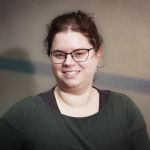
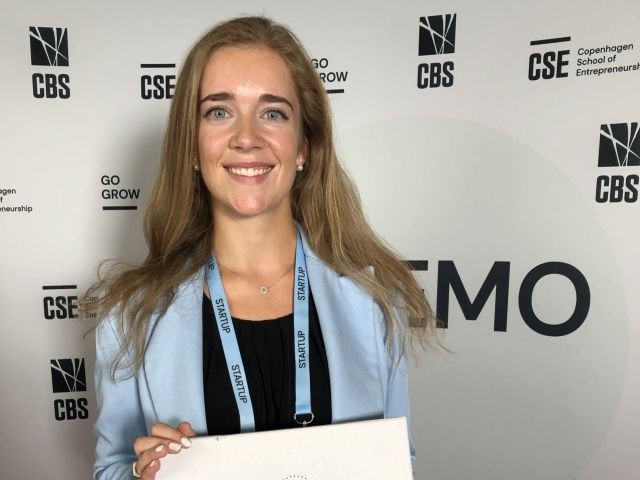
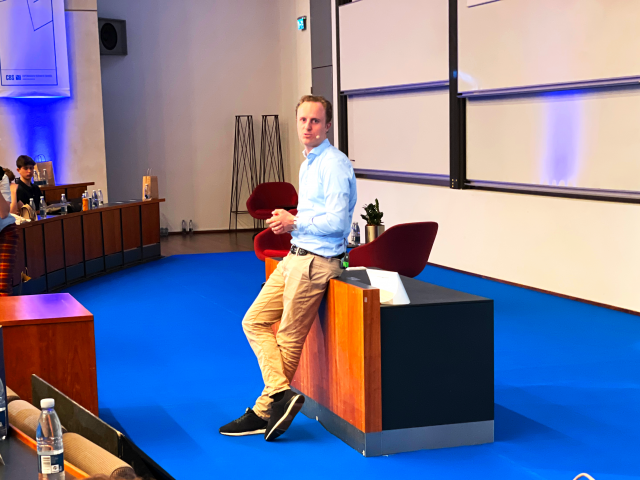
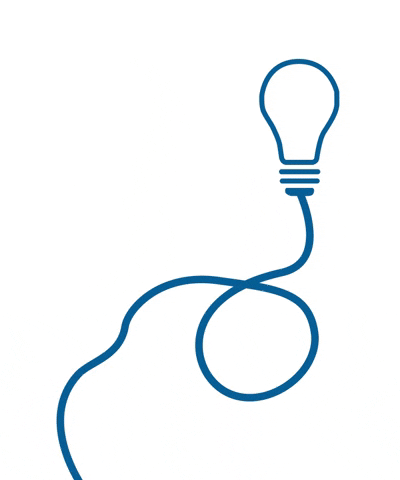

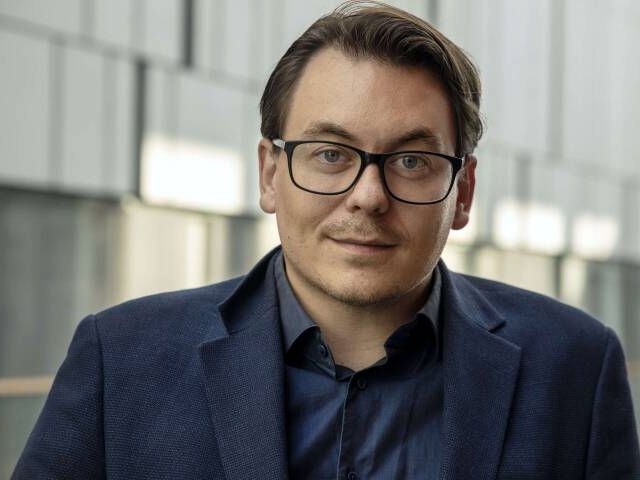




























































































































Comments